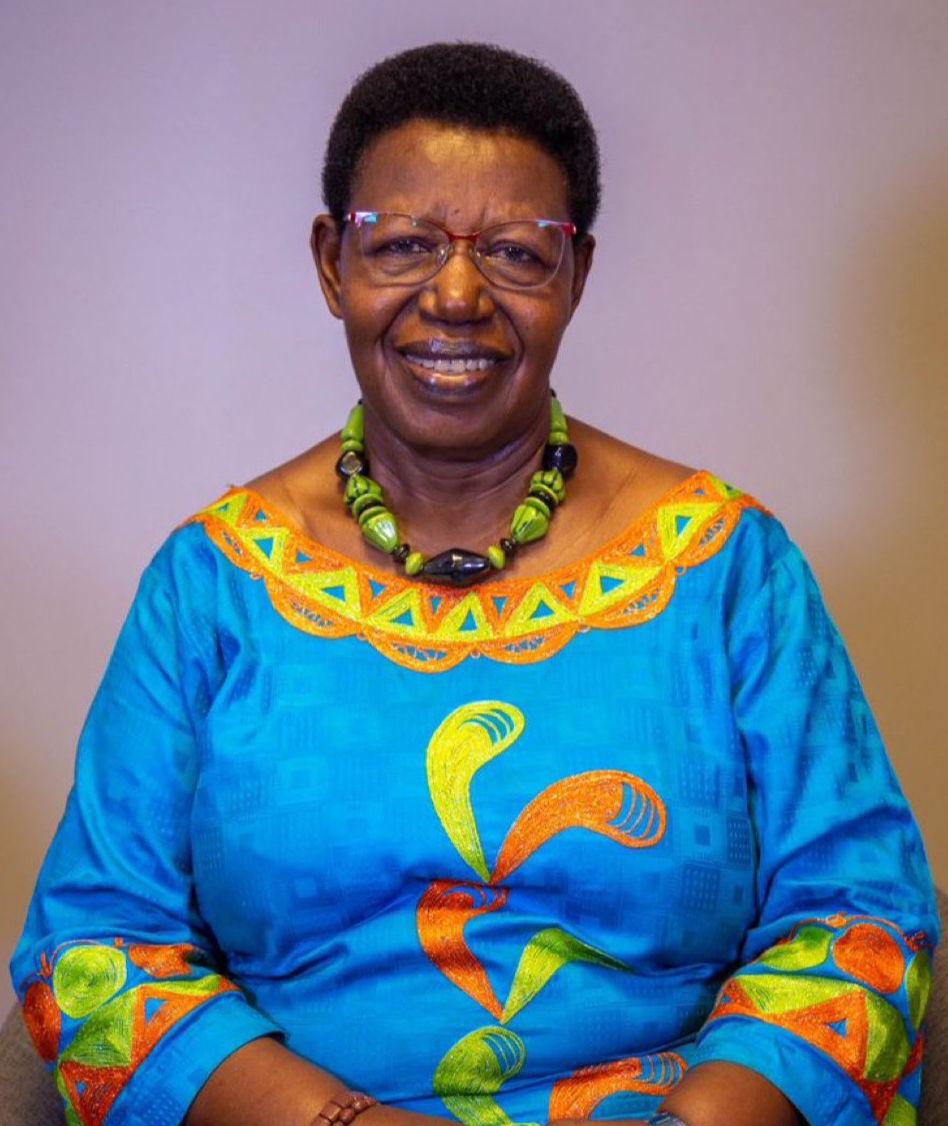Miria Matembe
- MJKG
- Oct 21, 2024
- 2 min read
Updated: Oct 28, 2024

Only Miria Matembe could stand toe-to-toe with Uganda's political giants, armed with nothing but her convictions and an unwavering voice for justice. Born in 1953 in the small village of Bwera in Western Uganda, Matembe defied the odds stacked against rural girls to climb to the top of a male-dominated political arena, all while holding firm to her core values - zero tolerance for corruption.
Although her roots were humble, Matembe's spirit was anything but. She leveraged her sharp intellect and fiery determination to earn a law degree from Makerere University - Uganda’s largest and oldest higher institution, a feat that became the springboard for her remarkable political career. In a world where women were often seen but not heard, Matembe made sure her voice echoed through the halls of power.
Matembe did not fight for women's superiority over men; she fought for equal rights for all genders. No distinction. She challenged systems where wives had to seek their husbands' approval to obtain visas or passports, boldly asking, "Does HE get confirmation from HER for the same?" That was the kind of inequality she fought to eradicate.
Under her tenure as Minister of Ethics and Integrity from 1998 to 2003, Matembe didn't just warm the seat or decorate her office. She spearheaded anti-corruption initiatives that sent shockwaves through Uganda's political establishment. Her advocacy for women's rights led to groundbreaking legislation addressing domestic violence, sexual offences, and women's property rights. Matembe's fingerprints can be found on Uganda's 1995 constitution, which she helped shape into one of Africa's most progressive documents of its time. She has done so much to help female citizens; it’s now up to them to become aware of these rights.
Matembe's autobiography "The struggle for freedom and democracy betrayed" offers a rare and very insightful firsthand account of her experiences as a pioneering woman in Uganda's male-dominated political landscape. In the book, Matembe powerfully highlights the critical need to protect and enshrine Women's rights in law and political structures, relating to the ongoing struggle against entrenched patriarchal norms.
Electoral gender quotas have indeed increased Women's parliamentary representation in Uganda to 34% - 189 out of 557 members. You would think that is very good. Yet, Women politicians remain confined to minority status, constantly battling stereotypes that perpetuate Male dominance in the political arena.
The electorate has even grown accustomed to believing that since Women have reserved seats, they should abstain from competing for open positions. Why so? Are the reserved seats not to ensure, in any case, that there is a set number of Women in seats. It should follow the saying “What a Man can do, a Woman can do better”. Allow them to get the seats and watch them do better.
After all Ellen Johnson said “full gender Equity will ensure a stronger Economy…”. I believe that can only be gotten if Women have equal opportunities. Miria Matembe Knows it.
~Maryam J-K Gadzama, Chief Editor 24/25 Committee
Resources
Miria R.K. Matembe, The struggle for freedom and democracy betrayed. (2019). URL https://books.google.co.uk/books/about/The_Struggle_for_Freedom_Democracy_Betra.html?id=ljNWzQEACAAJ&redir_esc=y
Miria Matembe: gender, politics, and constitution making in Uganda. Matembe & Dorsey - Fountain Publishers - (2002). URL https://www.google.co.uk/books/edition/Miria_Matembe/q7NyAAAAMAAJ?hl=en&gbpv=0&bsq=inauthor:%22Miria%20Rukoza%20Koburunga%20Matembe%22
Male Dominance in Ugandan Politics. URL https://theconversation.com/men-still-dominate-ugandas-party-politics-womens-participation-is-mostly-cosmetic-230144







Comments